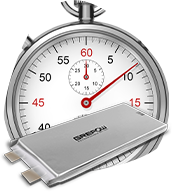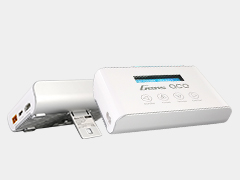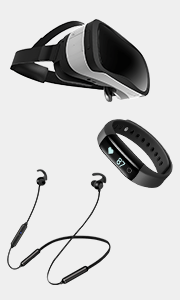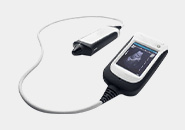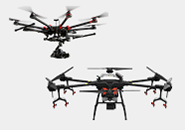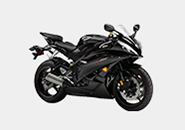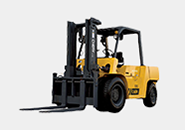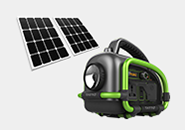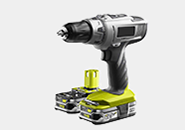With the mobile development of medical devices, batteries have become more and more important for their portable design. Compared with other traditional battery technologies, lithium batteries have the advantages of safety and environmental protection, high energy density, lightweight, long cycle life, and wider applicable temperature range, thus creating successful applications of lithium batteries in portable medical equipment including ECG Monitors, ventilators, medical lighting, medical B-ultrasound, etc. So what aspects should be paid attention to when customizing lithium batteries in the medical industry? Next, let’s learn about what factors should be considered when choosing a custom manufacturer of lithium batteries?
There are many types of lithium batteries for medical devices, which are mainly customized according to the actual needs of medical devices and equipment, including 10 aspects:
1. Types of lithium batteries: mainly ordinary lithium-ion batteries, lithium iron phosphate batteries, and high-performance lithium polymer batteries. What kind of lithium battery to use mainly depends on the performance requirements of lithium batteries for medical devices.
2. Discharge performance. There are conventional discharge batteries, high-rate discharge batteries, low-temperature batteries, etc., as well as electronic medical device batteries customized for specific applications. When a device has high discharge performance, it means that it can maintain high current consumption for a “large” period (more than a few milliseconds).
3. Appearance. There are mainly three types of cylindrical steel shell lithium batteries, square aluminum shell lithium batteries, and soft pack lithium batteries. The first two types are not suitable for electronic medical equipment due to their fixed shape, but the soft-packed lithium battery is different. The shape can be customized and can be applied to most electronic medical equipment.

4. Durability. External physical factors will greatly affect the performance of the battery. Different battery chemical components are more susceptible to impact, temperature, humidity, vibration, magnetic field, and other factors than other chemical components.
5. Lifetime. There are two main factors in battery life: charging life and total life. Charging life is the time during which potential energy is retained in the battery without loss. The total life is the number of charge cycles the battery will support.
6. Quality assurance. When choosing a medical lithium battery manufacturer, it is not enough to conduct supervision under the general requirements of the ISO9000 standard. At the same time, it is necessary to see whether the lithium battery manufacturer meets the ISO13485 medical device quality management system certification requirements.
7. Technical strength. The technical strength of the supplier is also a factor to be considered, especially for those large and medium-sized electronic medical equipment manufacturers. If the battery supplier can update the product technology and develop and apply the new technology well, the purchaser will also benefit infinitely. At the same time, for those suppliers who are willing and able to respond to changes in demand and accept design changes, a key consideration should be given.
8. Product price. The price of the battery will affect the cost of the final product. It is the main factor in choosing a supplier, but it is not the most important factor. Taken together, quality, reliability, safety, and related costs are more important. One of the purposes of purchasing is to obtain satisfaction at an appropriate cost, but the price is not necessarily as low as possible.
9. Supply capacity (yield, transportation). That is, potential suppliers’ equipment and production capacity, technical strength, management and organization capacity, and operation control. These factors are designed to consider the supplier’s ability to provide the quality and quantity of the required materials and the supplier’s ability to provide related services continuously and stably.
10. Geographical location. Not only is it a direct factor in purchasing costs, but also after-sales service. The location of the supplier has an impact on delivery time, transportation costs, and response time for urgent orders and expedited services. In addition, from the perspective of supply chain and zero inventory, under the same conditions, we should try our best to choose suppliers that are close to each other.
It is necessary and helpful to know these 10 considerations to ensure that you choose the right custom lithium battery manufacturer and compare several battery manufacturers. Here is an introduction to a professional lithium battery manufacturer with experience and its technical team–Grepow. Its lithium batteries are also widely used in medical equipment and other devices. Grepow lithium batteries have the characteristics of small size, lightweight, high energy density, and long cycle life. Grepow has passed the ISO13485, meeting the special requirements of the ISO 13485 issued by the ISO organization for the quality management system of medical device manufacturers. If you are interested in the batteries, please contact or follow us.








